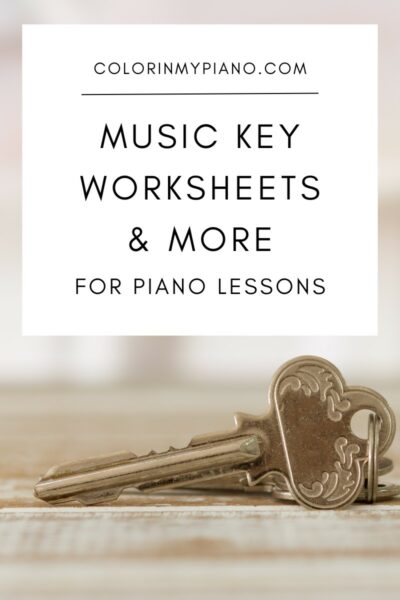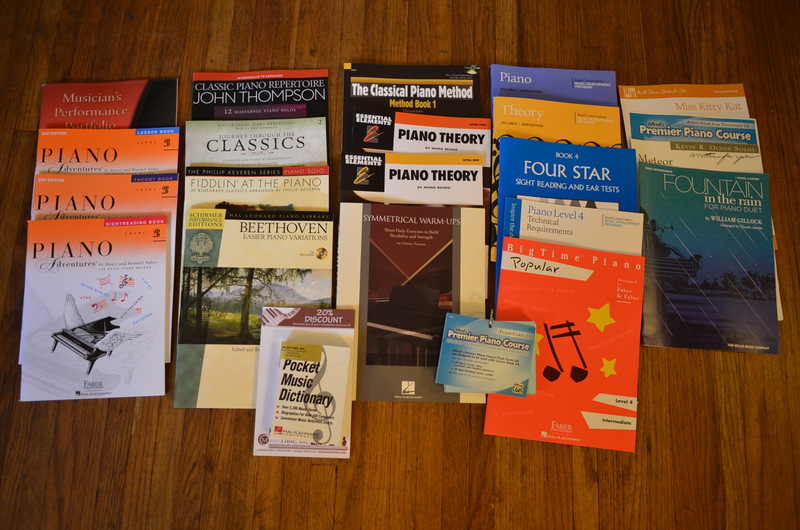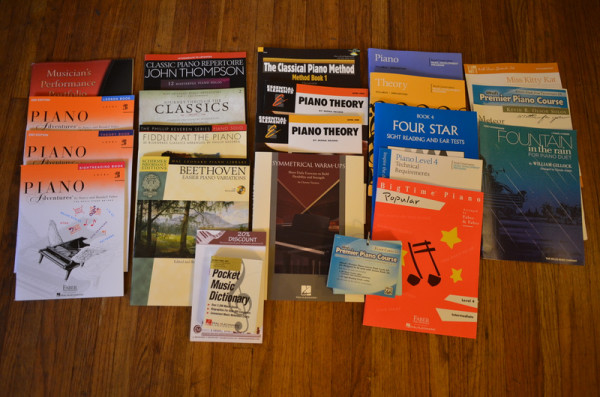 The National Conference on Keyboard Pedagogy is awesome. I learned so much and it was wonderful to connect or re-connect with other teachers. The schedule is intense — there are sessions, master classes, recitals, teaching demonstrations, etc., scheduled throughout the day. At certain points in the schedule, you must choose between a handful of sessions to attend — and it is very difficult to make just one choice!
The National Conference on Keyboard Pedagogy is awesome. I learned so much and it was wonderful to connect or re-connect with other teachers. The schedule is intense — there are sessions, master classes, recitals, teaching demonstrations, etc., scheduled throughout the day. At certain points in the schedule, you must choose between a handful of sessions to attend — and it is very difficult to make just one choice!
As you know, I blogged quite a few of my conference notes. I used my new iPad Mini to take notes. I really should have invested in one of those little keyboard case things, because typing with the on-screen keyboard was a bit tricky. I apologize about any typos you find in my notes — editing with the touch screen was not easy and auto-correct was also working against me. I have fixed some of the typos, but still have more editing to do.
Typos or no, I hope some of you enjoyed reading about some of the sessions I attended. You should know that reading my notes is nothing like being there in person, though. Start saving for NCKP 2015! 😉
In case you are interested, you can check out some of the handouts from the sessions here on the Francis Clark Center website. Some of the sessions were recorded and live-streamed — you can view those here.
This year at the conference, I made a point of taking more photos. At past conferences, I’ve returned home to realize I had only taken one or two. I did better this time!
Below is a photo of me with some colleagues: my cousin, Sarah; my friend from grad school, Loretta; my friend Yen-Lin from my local MTNA chapter; and my new friend Drema from Vancouver. This was taken in the hotel lobby. Continue reading “NCKP 2013 – Wrap-Up Post” →







 The
The